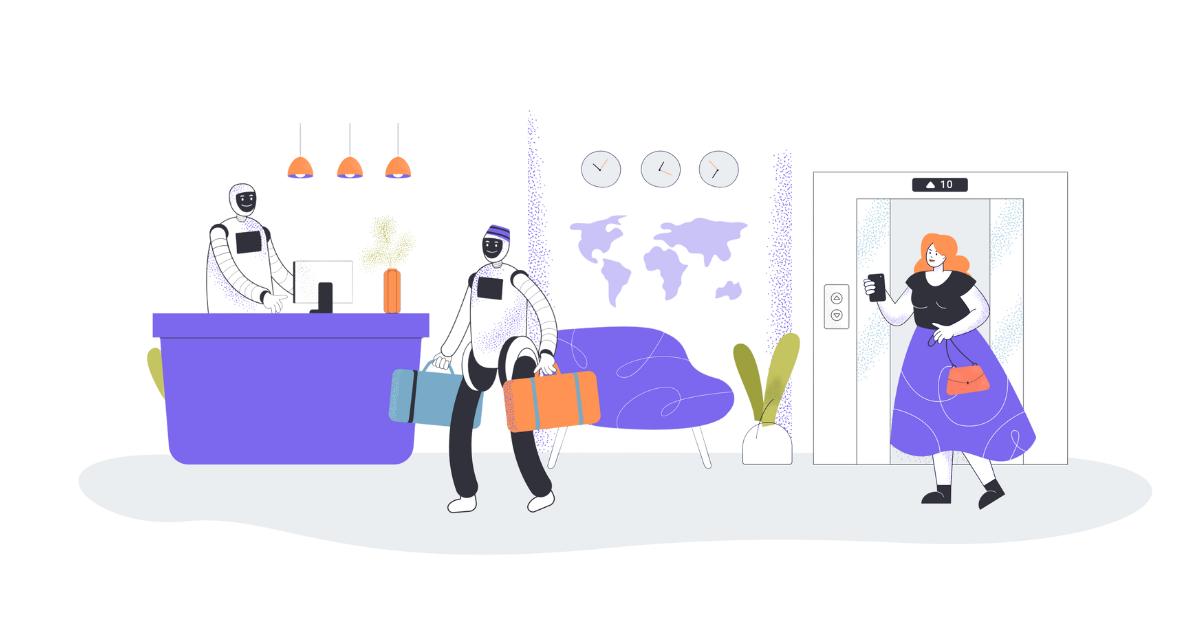
Many businesses remain stuck in a pre-AI ( artificial intelligence ) world — stretched thin managing guest expectations, manually running campaigns across multiple platforms or relying on outdated travel agency software without analytics to guide travel marketing and sales decisions. But with the right AI tools as your assistant, you can stay two steps ahead.
Sure, now you know AI can help. But with thousands of generative AI tools available as of 2025 and 72% of businesses already using AI in their operations, knowing where to start can be overwhelming — especially when your team lacks time, technical expertise or budget for trial and error.
In this blog, we’ll explain how AI tools can lighten your sales and marketing workload and help you stay competitive — efficiently and effectively.
AI tools are smart software applications that can imitate the human mind (with some limitations, of course). They can understand what people say or write, solve problems, make decisions based on historical data and even come up with creative ideas, just like a real person would.
While AI isn’t exactly a new technology, it’s gained a lot more attention over the past 5-7 years with software like Chatgpt or Google Bard. For instance, have you ever booked a hotel online and seen a “Recommended for You” section? That’s AI in action. It analyses your past searches or preferences and suggests hotels you’re more likely to book — saving you time and effort.
How AI tools can help marketing and sales in the travel and hospitality industry will be explored further in this blog.
With the growing number of travellers, it’s more important than ever for travel and hospitality businesses to stay competitive — whether through AI or an efficient travel management system — and that starts with staying in the loop with AI.
To truly stay ahead of the curve, AI needs to be embedded across every part of your operations — from customer service and marketing to back-end processes. It may not be the easiest change to implement, but once you do, you’ll be among the top 78% of organisations that are already using AI in at least one of their business functions.
Now, you must be wondering where to start.
Begin by looking at the digital footprints your customers leave — like where they book flights, which hotels they check out and more. This kind of data is already available to you through your booking systems, website analytics, app usage, emails and even customer feedback.
With the help of AI, you can turn it into useful insights that help you make better decisions, create more personalised offers and even predict what your customers might want next. It’s all about using what you already have to give a better experience and stay ahead.
Here’s how AI is already playing a major role across the industry:
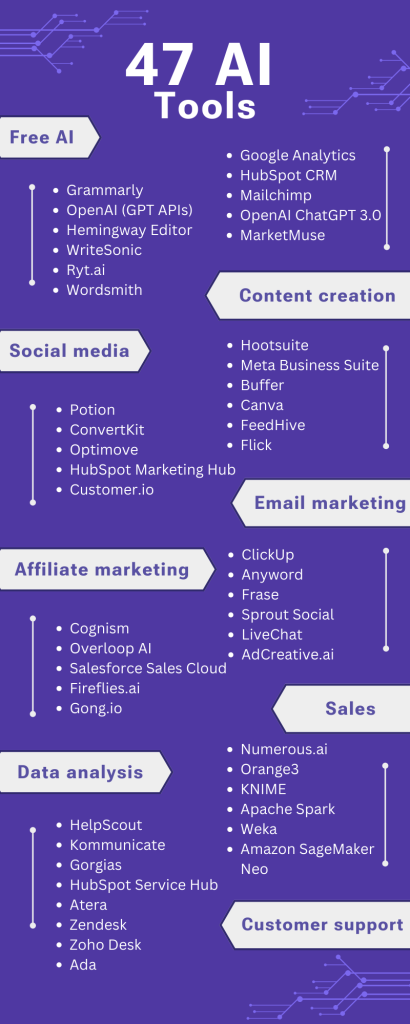
Here are some tools to add to your toolbox.
As the name suggests, these tools are free to explore and also offer budget-friendly ways to get started with basic marketing and sales tasks like content creation and sales forecasting.
For the hospitality industry, free AI tools can help you understand who’s visiting your website, keep track of customer details and send email campaigns. They’re a great starting point for small teams or new businesses to test what works best for them.
1. Google Analytics: A free tool that you can use to track your website traffic, visitor behaviour and conversion paths. It gives you the entire picture of how users interact with your business’s site, what leads them to drop off and what content drives bookings or inquiries.
2. HubSpot CRM: A user-friendly CRM that offers contact management, deal tracking, email integration and task automation. Perfect for small teams looking to get organised without complexity or cost.
3. Mailchimp: A free email marketing tool for building email marketing campaigns, automating sequences, segmenting audiences and tracking performance. Its drag-and-drop editor makes email creation fast and easy.
4. OpenAI ChatGPT 3.0: A conversational AI you can ask any question or give any topic, and get answers within seconds. It helps marketers and support teams work faster.
5. MarketMuse: A content intelligence tool that analyses your website, checks your content and tells you what’s missing, what keywords you should use and how to make your blog or page show up better on Google.
These tools assist in generating high-quality blogs, ads, landing pages and emails quickly and at volume.
In the hospitality and travel space, they help maintain an active online presence, improve SEO optimised blogs and craft compelling messages to attract potential clients.
6. Grammarly: An AI-powered writing assistant that corrects grammar, improves tone, enhances clarity and makes content more professional — ideal for any piece of content like emails, blogs and marketing copy.
7. OpenAI (GPT APIs): GPT 4.0 and above models can be used by developers and marketers to generate high-quality content at scale — for blogs, emails, support replies and more — using natural language generation.
8. Hemingway Editor: This editor improves content by highlighting overly complex sentences, passive voice and readability issues — helping you write clearly and concisely.
9. WriteSonic: A powerful tool for creating everything from blog posts and product descriptions to Google ads and landing page copy — saving hours of content work.
10. Ryt.ai: Designed to speed up email and campaign creation using AI, Ryt.ai helps marketers generate high-performing messages and automate workflows based on customer behaviour.
11. Wordsmith: A data-to-narrative tool that transforms raw data into human-sounding text — perfect for auto-generating reports, summaries and performance reviews.
If managing multiple social media platforms, scheduling posts and tracking engagement feels overwhelming, it’s time to switch to a platform that can handle it all for you.
For hotels, resorts and travel agencies, these tools ensure consistent posting, improve brand visibility and engage potential customers across platforms like Instagram, Facebook and Twitter — all while saving your important time and efforts.
12. Hootsuite: A well-known platform for scheduling, managing and analysing social media content across multiple channels — saving time while maintaining consistent brand presence and reducing unnecessary marketing efforts.
13. Meta Business Suite: It has a centralised dashboard for managing Facebook and Instagram posts, ads and DMs — with built-in insights and automated publishing tools.
14. Buffer: A social media tool for scheduling posts, monitoring engagement and analysing performance. Great for teams looking for simplicity and speed.
15. Canva: A drag-and-drop design platform with AI features like Magic Write and design suggestions — ideal for creating quick, beautiful graphics and videos for social media.
16. FeedHive: A tool to help you schedule posts, track engagement and generate captions with the help of AI — all while suggesting the best posting times for maximum reach.
17. Flick: An Instagram-focused tool that uses AI to suggest top-performing hashtags, analyse posts and automate publishing — especially useful for travel brands and influencers.
In travel and hospitality, smart tools can help you give guests a better experience and free up your team to focus on important things like upselling or sending personalised follow-ups.
These smart customer support tools use chatbots and help desks to answer guest questions automatically, give help right away and cut down on waiting time. This makes the overall experience better for your customers.
18. HelpScout: A modern help desk solution that uses AI to suggest replies, sorts out customer tickets into categories and handles repetitive tasks so your team can reply faster and stay consistent.
19. Kommunicate: It’s a mix of live chat and chatbot. It lets you reply to customers instantly, even in the middle of the night and works well with CRMs and apps like WhatsApp or Messenger.
20. Gorgias: Tailored to e-commerce, it understands what customers are asking, sends instant replies to common questions, and cuts down on load time.
21. HubSpot Service Hub: It offers tools for ticket management, AI chatbots and customer feedback collection — all integrated with the HubSpot CRM ( customer relationship management ) to deliver seamless service experiences.
22. Atera: Perfect if you’re handling IT or multiple properties. It watches over your systems, sends alerts if something goes wrong and handles support tickets — all automatically, with the help of AI.
23. Zendesk: A full-on customer support platform. It figures out what customers want, sends tickets to the right person and can even write replies for you, so you can grow your support team without hiring more people.
24. Zoho Desk: This one comes with an AI assistant called Zia. She understands how customers are feeling, suggests answers and helps your team solve problems faster by automating the boring stuff.
25. Ada: Ada is a chatbot that never sleeps. It answers questions 24/7, works on different platforms (like your website or messaging apps) and handles tons of queries without needing a human.
These tools help hospitality companies — and even those using accounting software for travel agencies — make sense of customer data, booking trends and market behaviour.
For travel and hospitality brands, AI-powered analytics uncover patterns in guest preferences, predict demand and inform strategic decisions — leading to more effective campaigns and optimised operations.
26. Numerous.ai: This tool lets you ask questions, create formulas, and get summaries just by typing in plain English — no need to know any tricky functions. It is free to use.
27. Orange3: Open-source data mining and visualisation tool with drag-and-drop workflows — ideal for exploring patterns and trends without any coding skills.
28. KNIME: A visual data analytics platform to help you put together data flows, run machine learning models and turn data into useful insights — all with a clean, visual interface.
29. Apache Spark: It processes huge amounts of data quickly, whether it’s live or in batches. It’s powerful for companies dealing with real-time data or large-scale analytics.
30. Weka: A suite of machine learning tools for classification, regression, clustering and data pre-processing — useful for businesses looking to experiment with ML models.
31. Amazon SageMaker Neo: This tool takes your machine learning model and makes it run faster and smoother on different devices. Super helpful if you need real-time results and want to scale up without slowing down.
Sales-focused AI tools automate prospecting, personalise follow-ups and analyse call performance. In the travel industry, this means faster response times, more efficient lead management and increased bookings — especially in B2B segments like group travel, corporate stays or affiliate partnerships.
32. Cognism: A sales intelligence tool that gives you up-to-date B2B contact info that follows GDPR rules so you can reach out to potential customers legally and effectively.
33. Overloop AI: An AI-powered platform that automates multichannel prospecting, personalised outreach and smart follow-ups via email and LinkedIn.
34. Salesforce Sales Cloud: A leading sales CRM powered by Einstei, which helps you spot hot leads, track deals, and even predict future sales — so you can close more with less guesswork.
35. Fireflies.ai: It joins your calls, records everything and gives you a neat summary. That way, your sales team can focus on the conversation instead of scribbling notes.
36. Gong.io: A revenue intelligence platform that breaks down what’s working (and what’s not), shows you the best ways to sell and helps your team improve and close more deals.
These tools help plan, automate and optimise affiliate campaigns through AI-generated creatives (which you can tweak according to your liking), performance tracking and audience targeting.
Travel and hospitality businesses can use them to expand their reach, attract niche audiences and scale their marketing without increasing headcounts.
37. ClickUp: A flexible project management tool with AI features that help affiliate marketers organise campaigns, track tasks and automate repetitive workflows.
38. Anyword: An AI-powered copywriting platform that generates high-converting ad content, complete with predictive performance scores based on audience targeting.
39. Frase: If you’re writing blogs or landing pages for your affiliate offers, Frase does the work for you. It researches, outlines and helps you write SEO-friendly content that ranks and converts.
40. Sprout Social: A social media management platform with smart publishing, sentiment analysis and in-depth analytics — ideal for managing affiliate campaigns and tracking performance.
41. LiveChat: This tool lets you chat with visitors on your site in real time, helps answer questions, and even grabs leads automatically — which means more chances to make a sale without doing all the work yourself.
42. AdCreative.ai: An AI tool that generates ad visuals and copy based on data-driven design principles — optimised for better click-through and conversion rates.
AI in email marketing enables smarter segmentation, personalised content, predictive send times and performance optimisation. For hotels and travel agencies, this means sending the right offer to the right guest at the right time, leading to higher engagement and more direct bookings.
43. Potion: A personalised video email platform that lets you create and send customised videos at scale, increasing engagement and reply rates.
44. ConvertKit: An email marketing tool designed for creators, featuring automation, segmentation and personalisation based on subscriber behaviour.
45. HubSpot Marketing Hub: A comprehensive platform that uses AI to personalise emails, plan campaigns, generate content and track performance across the funnel.
46. Optimove: A customer data platform that uses AI to create individualised email journeys and trigger messages based on predictive analytics.
47. Customer.io: A behaviour-driven email and SMS marketing platform that sends automated, personalised messages based on user actions and event data.
While all these AI tools help you handle the basics, many travel businesses still rely heavily on calls and WhatsApp to close high-value bookings. That’s where Telecrm, a travel crm, comes in — with auto call-logging, WhatsApp integration and follow-up reminders built specifically for travel agents and tour operators.
Whether you’re AI-ready or not, systems like this help you stay ahead and serve your guests better.
Here’s what you can do with Telecrm:
All your leads, activities and communication are stored in one organised system, so nothing is left to chance. Whether it is automating messages or call reminders, Telecrm helps you stay on top of everything — without the need for complex tools.
Travellers today want everything quick, personal and without much effort — and that’s exactly where Gen AI steps in. Let’s explore how it’s finding its place in the hospitality and travel industry.
Generative AI looks at your past bookings, what you like and even how you browse websites. Based on this, it creates a travel plan that’s made just for you — from hotels and places to visit to restaurants you might enjoy.
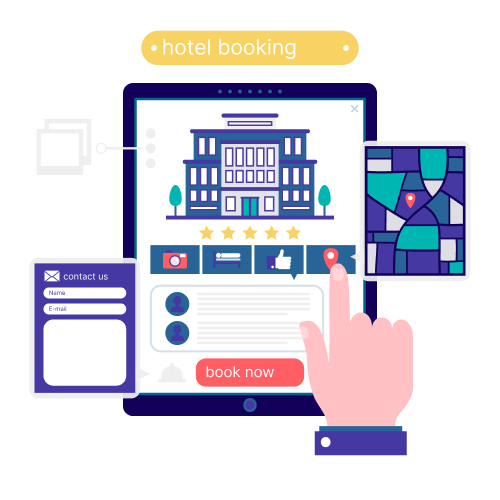
By predicting guest preferences, businesses can deliver personalised experiences that delight travellers.
AI chatbots can answer your travel questions anytime — whether it’s early morning or late at night. They reply instantly, solve common problems and if something needs a human touch, they pass it on to the team. Meanwhile, staff can focus on giving personal attention where it really matters.

Language barriers are a major concern for international travellers — even within multilingual countries like India. Generative AI eliminates this hurdle by providing real-time translation, allowing users to navigate, communicate and access services with ease.
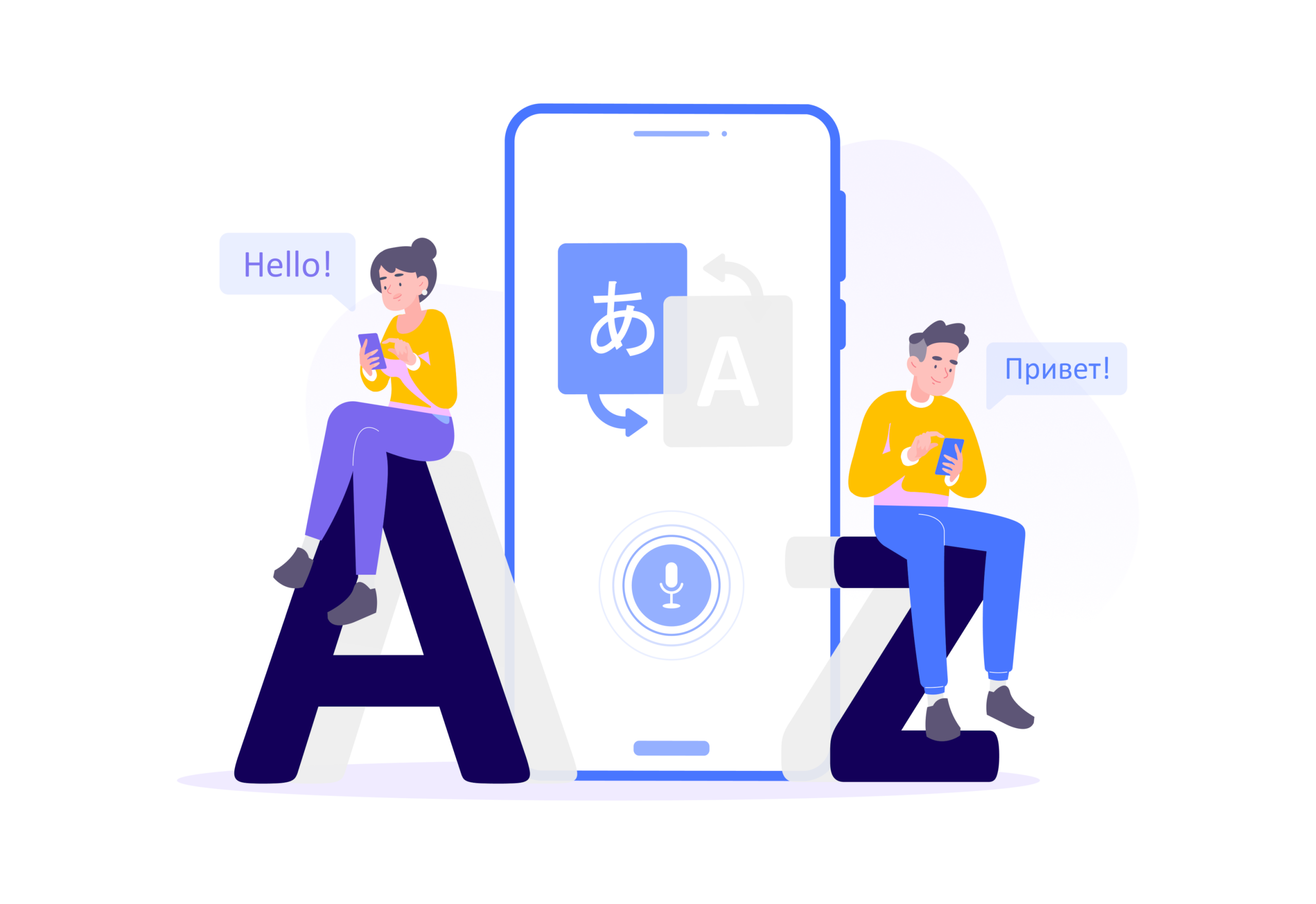
From AI-enabled travel apps to multilingual chatbots, these tools ensure a seamless experience for global guests — from check-in to post-stay feedback.
Generative AI enables hyper-personalised marketing by analysing customer behaviour and preferences to craft custom messages and optimised ad campaigns. This increases engagement and improves lead conversion by presenting offers that truly resonate with each user.
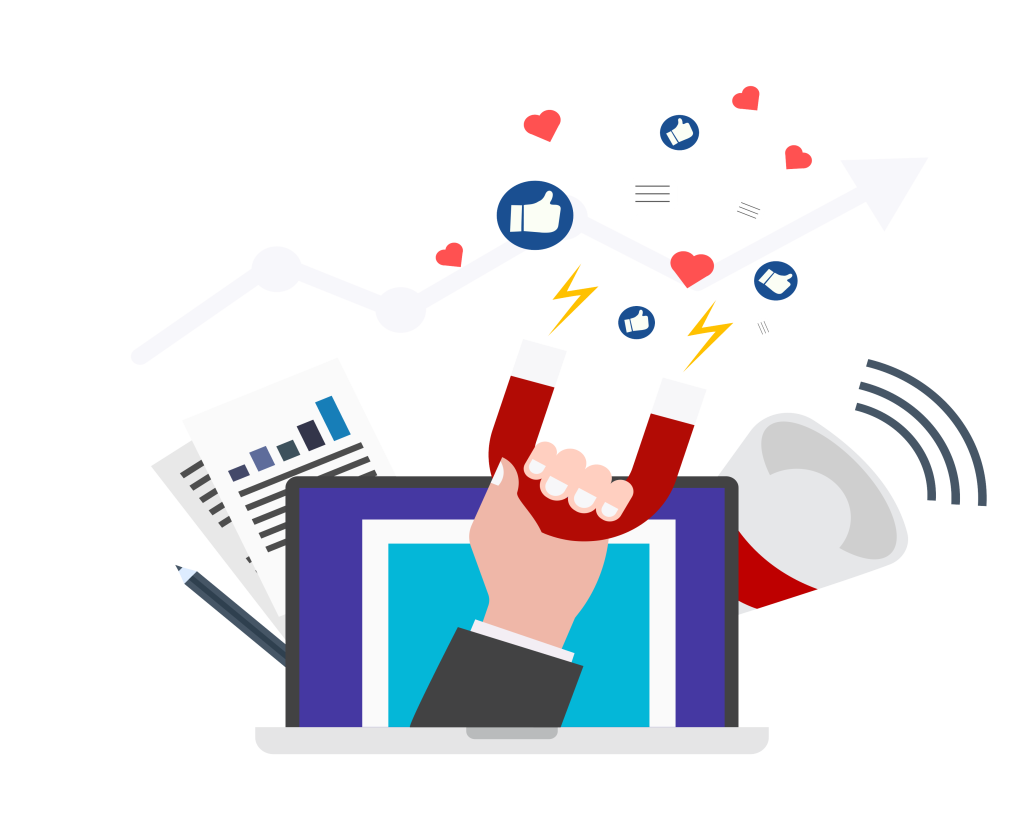
Additionally, AI dynamically adjusts pricing based on booking patterns, market trends and competitor rates — boosting both revenue and competitiveness.
Today’s travellers prefer to see before they go. With generative AI, they can take immersive, personalised virtual tours of hotels, attractions, and local hotspots — all from the comfort of their screens. These tours aren’t just visual — they can show real-time updates like current weather, upcoming events and local news, helping travellers make smarter, more confident decisions before booking.

AI studies past bookings and seasonal trends to predict when people are likely to travel. This helps hotels and travel agencies plan ahead, like hiring the right number of staff, stocking up on supplies or running special offers. The result? Less waste, better service and lower costs..
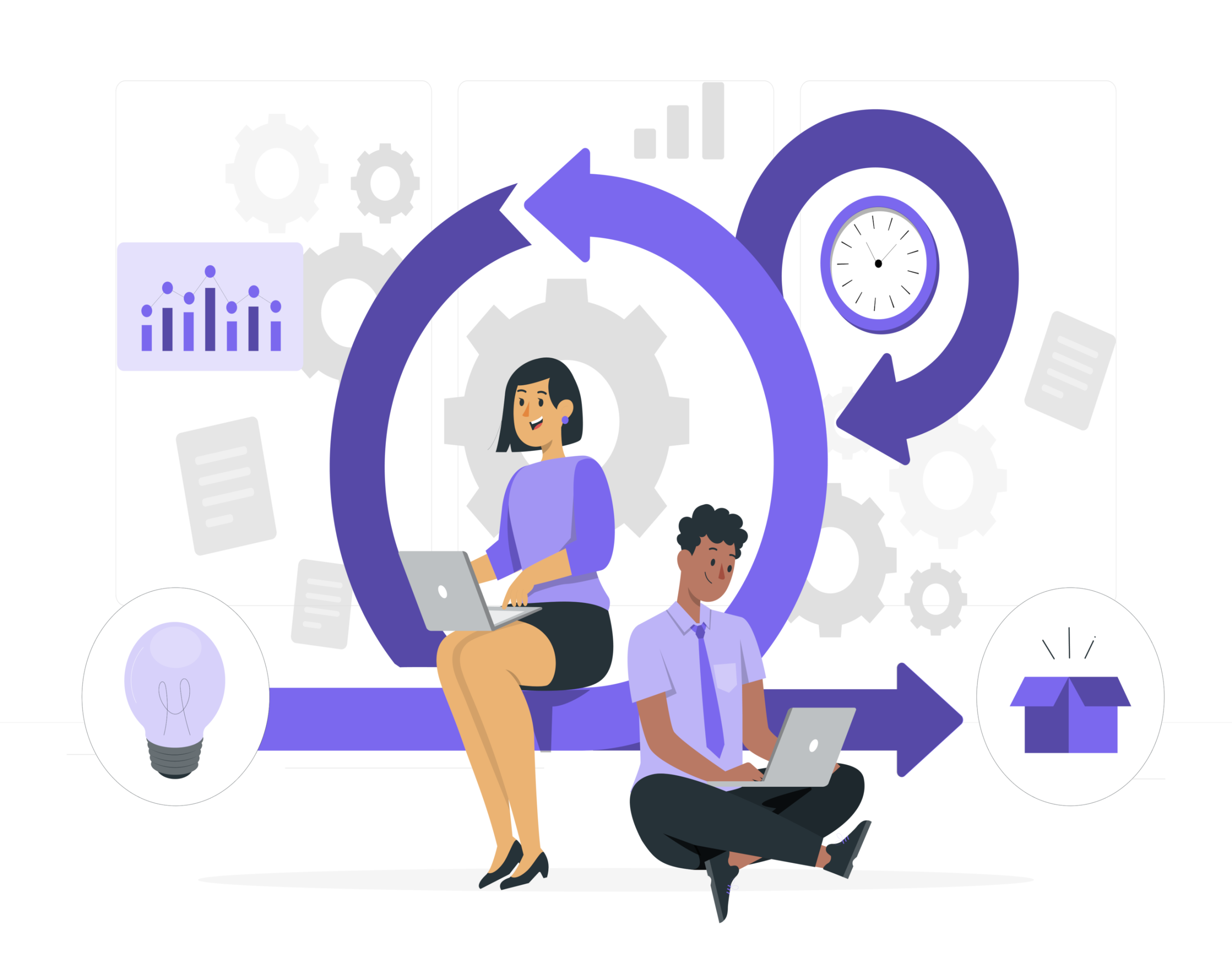
AI has amazing use cases, but it poses some big challenges as well. See what challenges you have to overcome to get that competitive edge.
Many businesses in the hospitality and travel industry think that purchasing AI software would do the job, but that’s not the case; they need to have either trained in-house AI specialists or data science expertise to use the software effectively. Treating AI tools just like any other would not yield results until you integrate them effectively or interpret the results they generate.

If you are using legacy systems like outdated CRMs or PMS (property management systems) that often lack APIs or real-time data access, then integrating new AI can be complex.
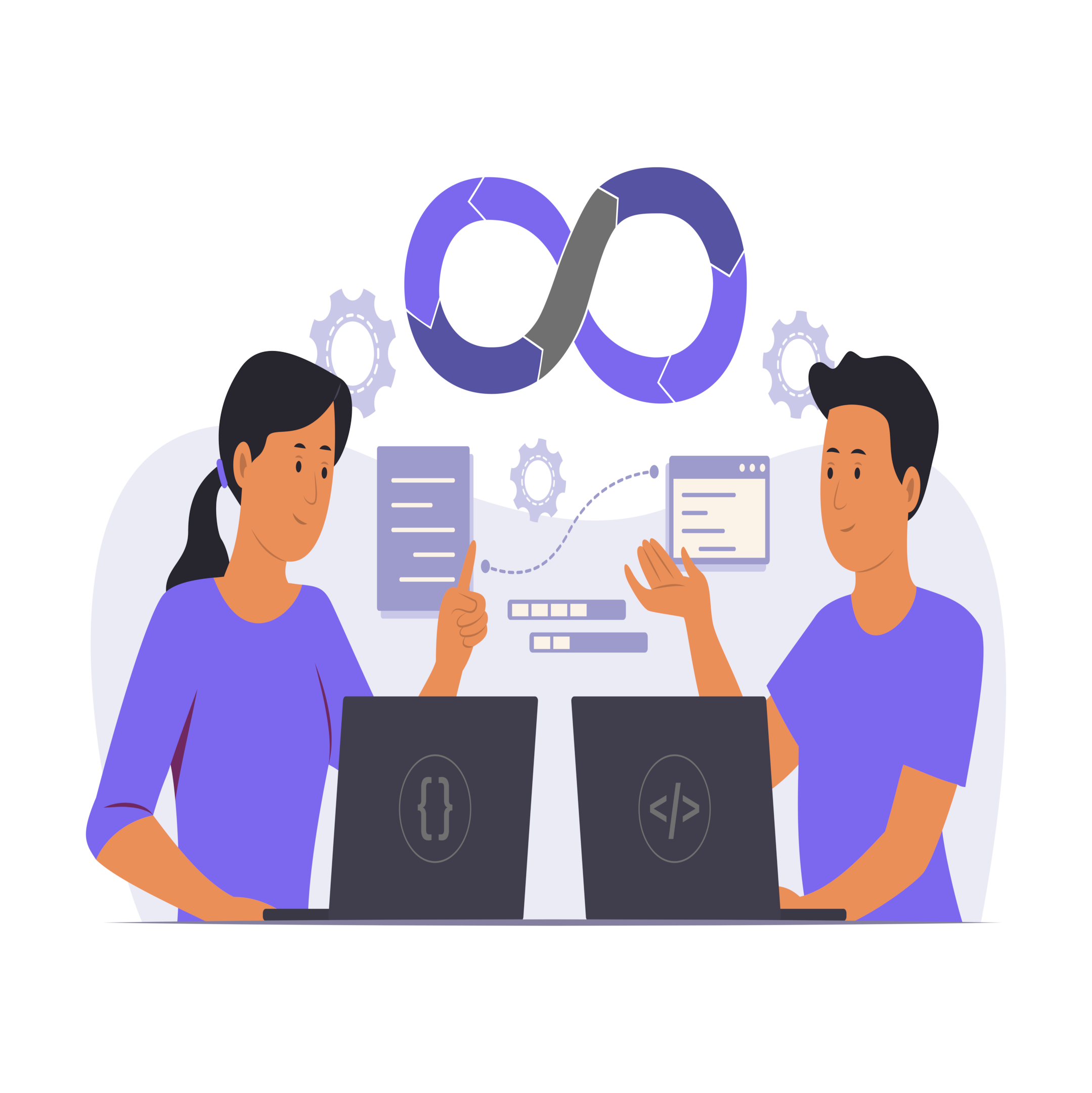
Without seamless integration, AI tools can’t access the unified customer data needed for personalisation, automation or predictive insights. This creates data silos and limits the effectiveness of AI-driven initiatives. Businesses need to modernise their tech or choose AI solutions that integrate easily with existing systems.
High costs are another challenge that businesses face. Although the long-term benefits it yields are spread out, the upfront investment — whether in software, training or integration — can be a barrier, especially for small and mid-sized travel businesses with tight budgets.
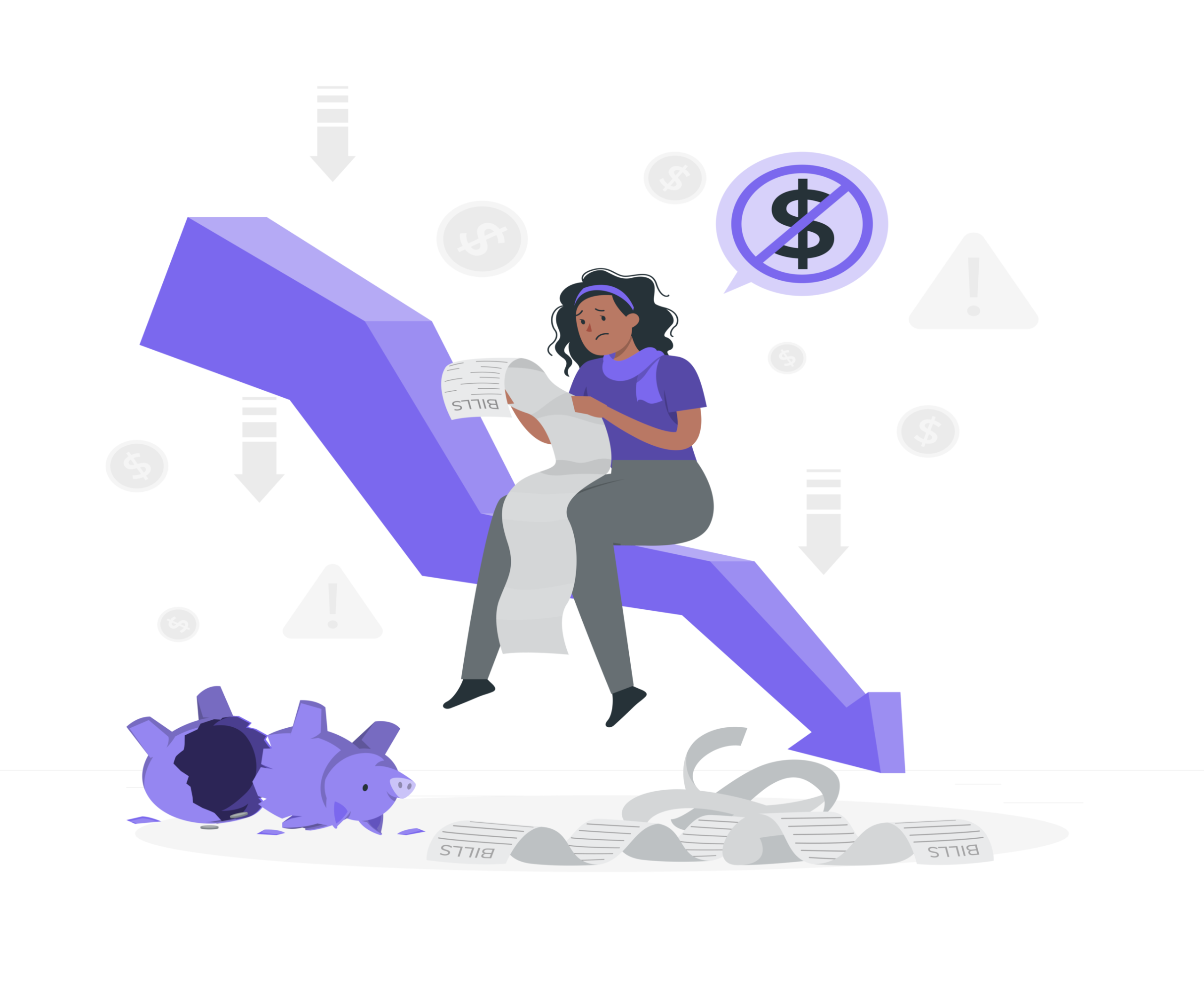
AI systems rely heavily on personal and behavioural data to function effectively. This poses concerns around GDPR compliance, data misuse and guest privacy — particularly in handling sensitive customer information. This is a serious risk that shouldn’t be taken lightly.
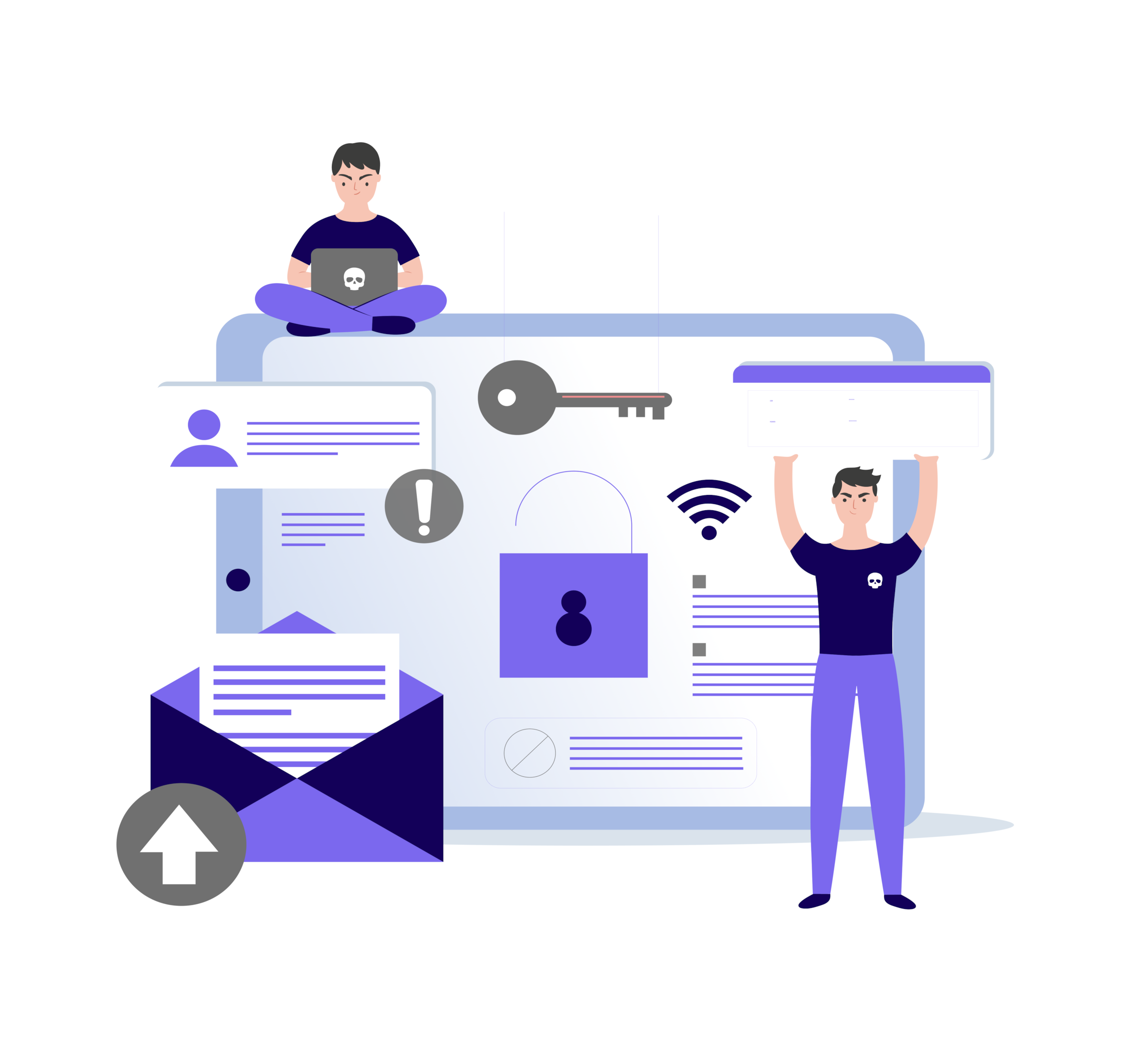
Hospitality is a people-first industry and many teams are still used to traditional, manual ways of working. Shifting to AI can be met with scepticism or pushback, especially if the benefits aren’t clearly communicated or if the team is not given proper training to implement the software efficiently.
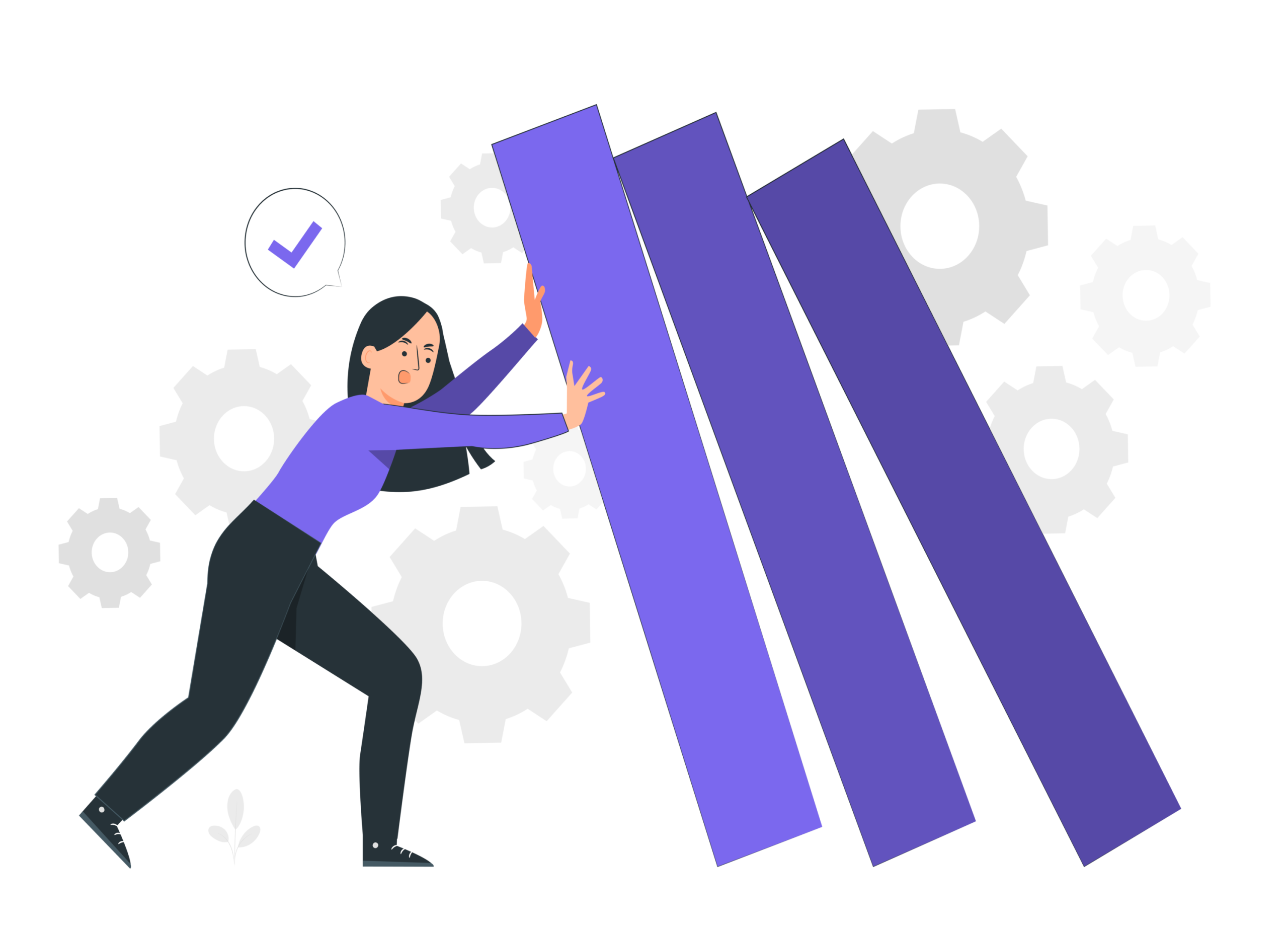
Measuring the direct impact of AI on revenue or customer satisfaction isn’t always straightforward. Without clear KPIs, it’s difficult to attribute improvements to AI tools alone, making it hard to justify ongoing investment.
For instance, a rise in bookings may be due to seasonality rather than an AI-powered campaign. This lack of clarity can lead to hesitation in scaling AI efforts.
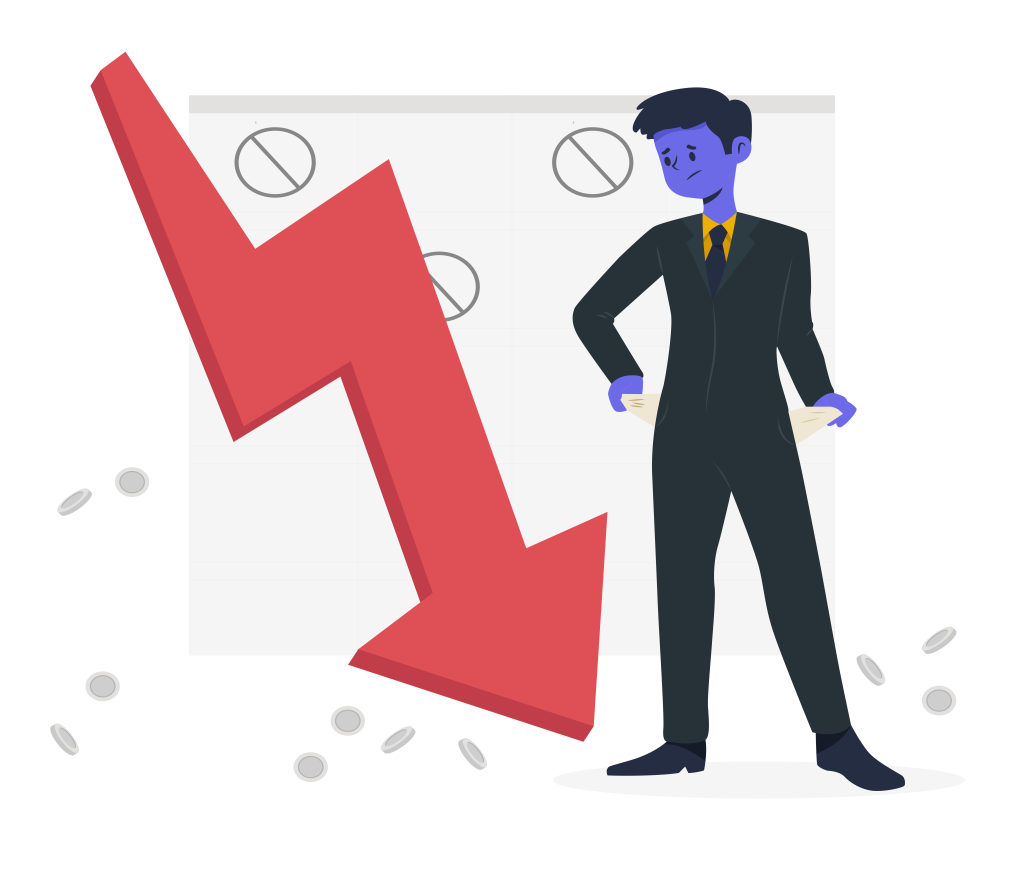
To address this, businesses need defined metrics from the start, such as improved conversion rates, reduced response times or customer feedback scores to validate AI’s real impact.
The hospitality and travel industry is all about giving people great experiences. Now, with AI stepping into the spotlight, those experiences are becoming quicker, smarter and more personal.
As we move ahead, AI won’t just help businesses — it will completely change how hotels and travel companies work, talk to guests and keep them happy. From operational efficiency to smart booking suggestions and emotion-aware service, AI is bringing a big shift in how the whole industry runs.
Here’s what the future holds for AI in the travel industry:


© Copyright 2025 Telecrm.in - All Rights Reserved • Privacy Policy • T&C
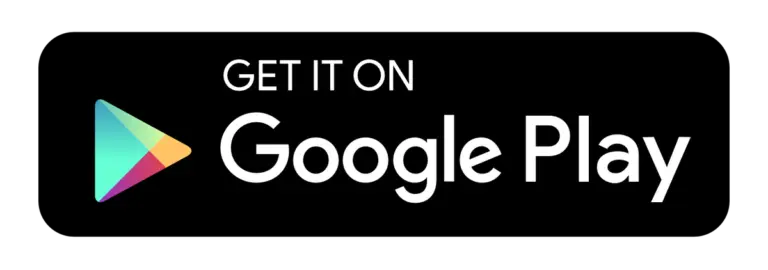

© Copyright 2025 Telecrm.in - All Rights Reserved • Privacy Policy • T&C